It Doesn't Actually Clean Your Hands

Sanitizer may zap germs, but it doesn't leave your hands dirt- and grime-free. These can make it hard for sanitizer to do its job. Try to scrub up with suds after things like gardening, playing outdoors, fishing, or camping.
It’s Second to Soap

Not only do soap and water both clean and sanitize, they're actually more effective at killing germs like norovirus, Cryptosporidium, and Clostridioides difficile. Hand sanitizer also can't get rid of chemicals or heavy metal like soap can.
Not All Hand Sanitizers Are Created Equal
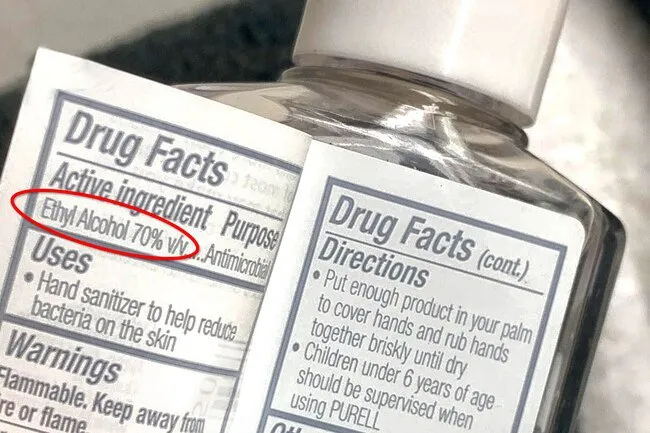
The CDC recommends using sanitizers with at least 60% alcohol. That way, you can be sure you're getting the most germ-killing power per pump.
It Can Be Dangerous

The best hand sanitizers are alcohol-based. That means they're also flammable. Be sure to keep bottles of hand sanitizer in a safe place clear of flame or high heat.
It Could Have Toxic Ingredients

The FDA found methanol in over 100 brands of hand sanitizer. That's a type of alcohol your skin can absorb. It can cause nausea, vomiting, headache, blurred vision, permanent blindness, seizures, coma, permanent damage to the nervous system, or even death. You can find the list of brands to avoid on the FDA's website.
It May Not Kill Cold and Flu
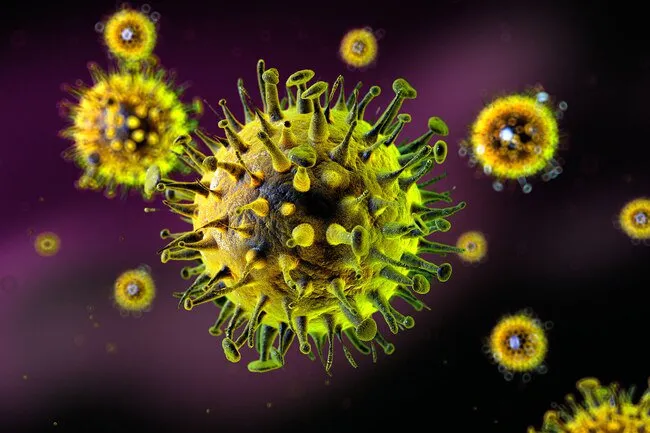
One study showed hand sanitizer might not work as well if mucus is hanging around on your hands. Experts say the thickness of the mucus helps protect the germs. Handwashing is the better way to go after a sneeze.
You Can Use Too Much
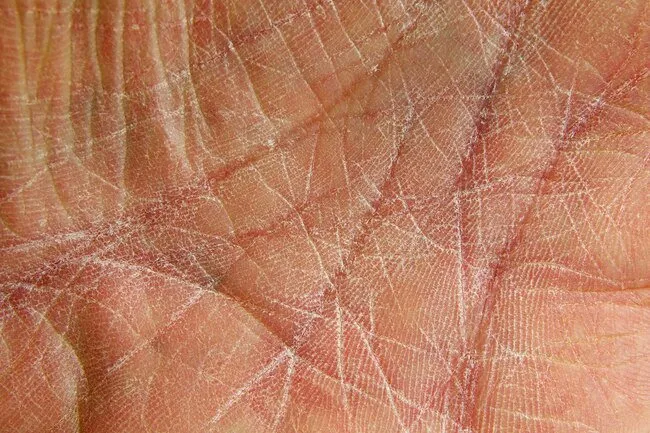
The alcohol in hand sanitizer can lead to dry, cracked skin. That leaves an open door for germs. Use just enough each time to keep that from happening. You can put lotion on right after your hands dry to soothe any irritation.
You May Be Using It the Wrong Way
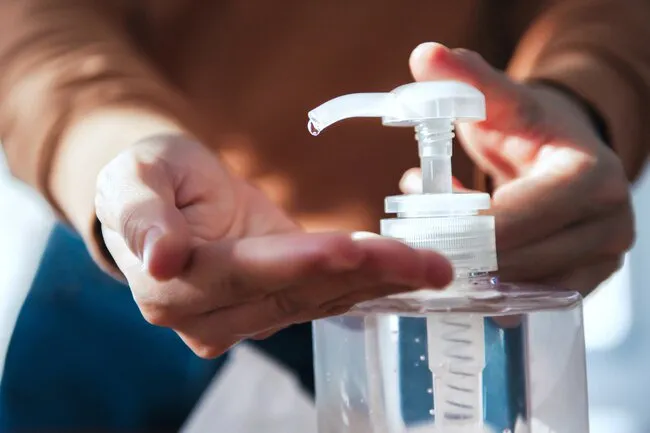
For hand sanitizer to work the way it should, your hands need to be free of dirt and grime. Pump one to two times into one palm. Rub your hands, including between your fingers, until your hands are dry. That's about 20 seconds.
You Can Make It at Home
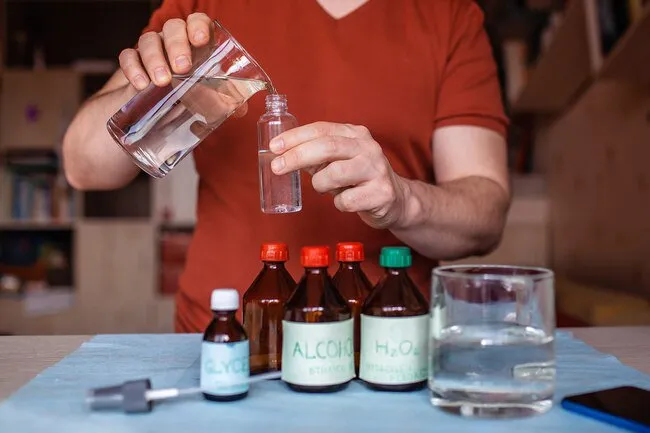
Store bought brands are best, but if hand sanitizer is hard to find, you can make your own. Wash your hands before you begin. Then mix 4 cups of isopropyl alcohol, ¼ cup hydrogen peroxide, 4 teaspoons glycerin (glycerol), 1 cup distilled water (or water that has been boiled and cooled) in a clean plastic or glass container.
Drinking It Is Dangerous
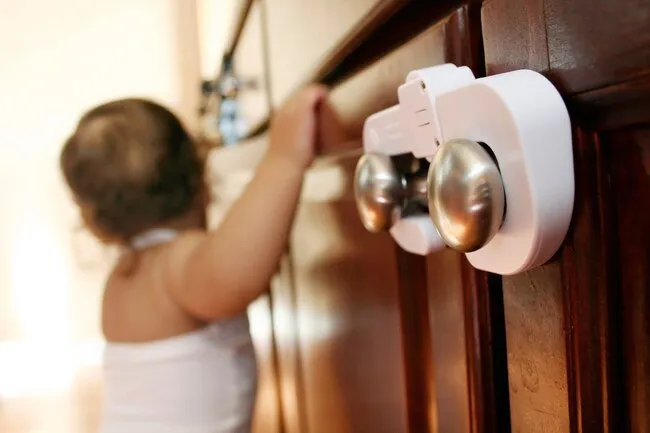
It only takes a couple mouthfuls of hand sanitizer to cause alcohol poisoning -- even less than that in small children. Keep hand sanitizer away from children until it's time to use it.
It's Considered a Drug

The FDA recognizes hand sanitizers as over-the-counter (OTC) drugs. Always read the label. It'll tell you how to use it the right way.
Cold and Flu: The Truth About Hand Sanitizer
This tool does not provide medical advice. See additional information: 
© 1996-2024 WebMD, LLC. All rights reserved.
Source slideshow on WebMD
